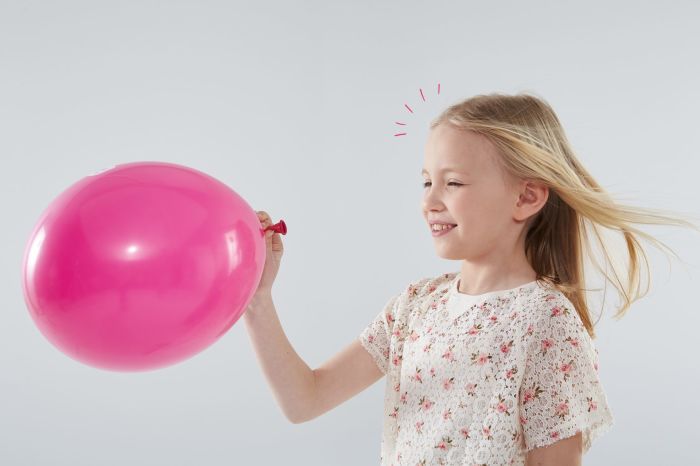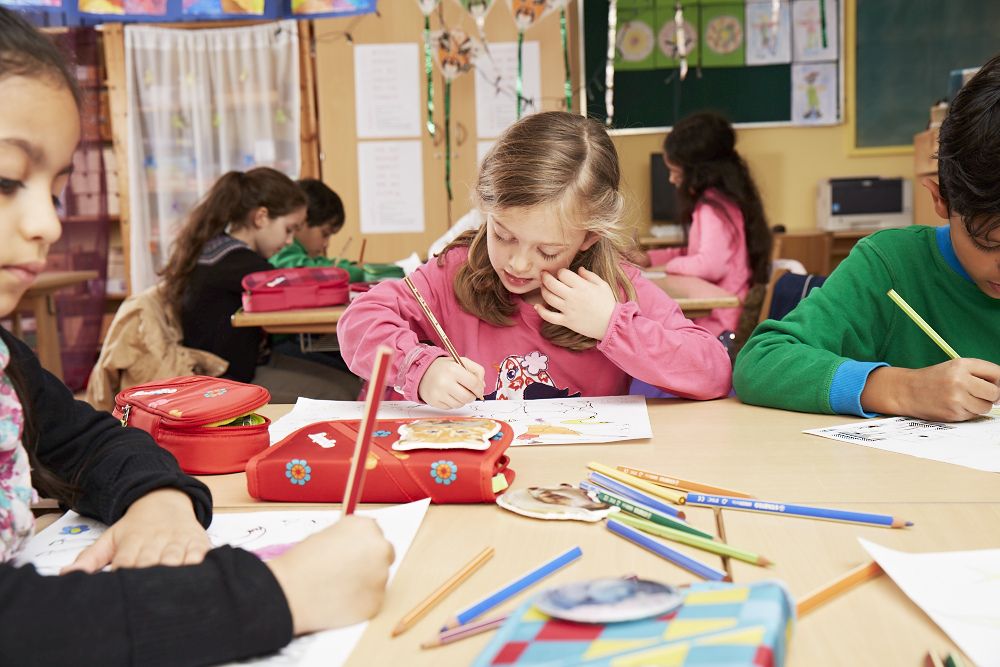Our topics:
Experimentation allowed: how to encourage your child to have an inquiring mind

Childhood is the perfect time to try things out and to do exciting experiments with everyday objects. Even at kindergarten age there is no limit to curiosity as everything is questioned and set in a wider context. Simple experiments in the kindergarten can encourage inquisitive minds and help little explorers to develop a deeper understanding of their environment.
What do children learn from experimenting?
Experimenting is fun and broadens the horizons of kindergartners as they discover new facets and take in fascinating information. They are naturally curious and, if introduced to scientific experiments at an early age, they can learn basic facts about nature and the world they live in. Some things will amaze them but they will also automatically arouse their curiosity and increase their need to know and their desire to understand how things work. Learning through experiments is also a way of training the logical reasoning of the budding young scientists. This can facilitate their access to school subjects like mathematics, biology or chemistry because they are already familiar with a scientific way of thinking and working.
Which experiments are the most suitable?
Factual knowledge is of secondary importance in the first instance when conducting experiments at kindergarten. The main point is to introduce little Gyro Gearloose to the domain of science. Simple, age-appropriate experiments can help to illustrate fascinating phenomena without conveying the impression of magic or wizardry. Having fun and being curious about the result of the experiment should always be at the top of the agenda. Experiments for children should always be absolutely safe. There are other basic selection criteria in that kindergarten experiments should use ordinary materials and be easy to conduct. An experiment must not last longer than 15-20 minutes so as not to exceed the attention span – otherwise curiosity will wane and boredom will inevitably set in. If experiments are a regular feature of the kindergarten week, it makes sense for them to build on each other. A quick reminder of the last experiment can also help to inspire interest in the next discovery session and enhance learning outcomes. Top tip: children are most interested in experiments which bear relation to their everyday lives.
How can experiments be conducted at kindergarten?
Preparation is the key! Before children get started on their first experiments, a member of staff should give them some background information and ask some key questions. What do the budding scientists think will happen? What explanations can they think of in advance of the experiment? It is all the more interesting to recap after the experiment and compare the suppositions with the results. Instructions are all part of the preparation: no bright clothes to be worn; long hair to be tied back; materials to be handled with care. Particular caution is required when working with hot water or electricity. Experiments with food work well in kindergarten. The Mentos and Diet Coke geyser experiment is probably the best and most popular example which consistently succeeds in getting a reaction of incredulity and disbelief. Is there no experiment day in your kindergarten yet?! Then suggest one – and wait and see how quickly your children turn into enthusiastic scientists. Curiosity at the ready... steady... go!


